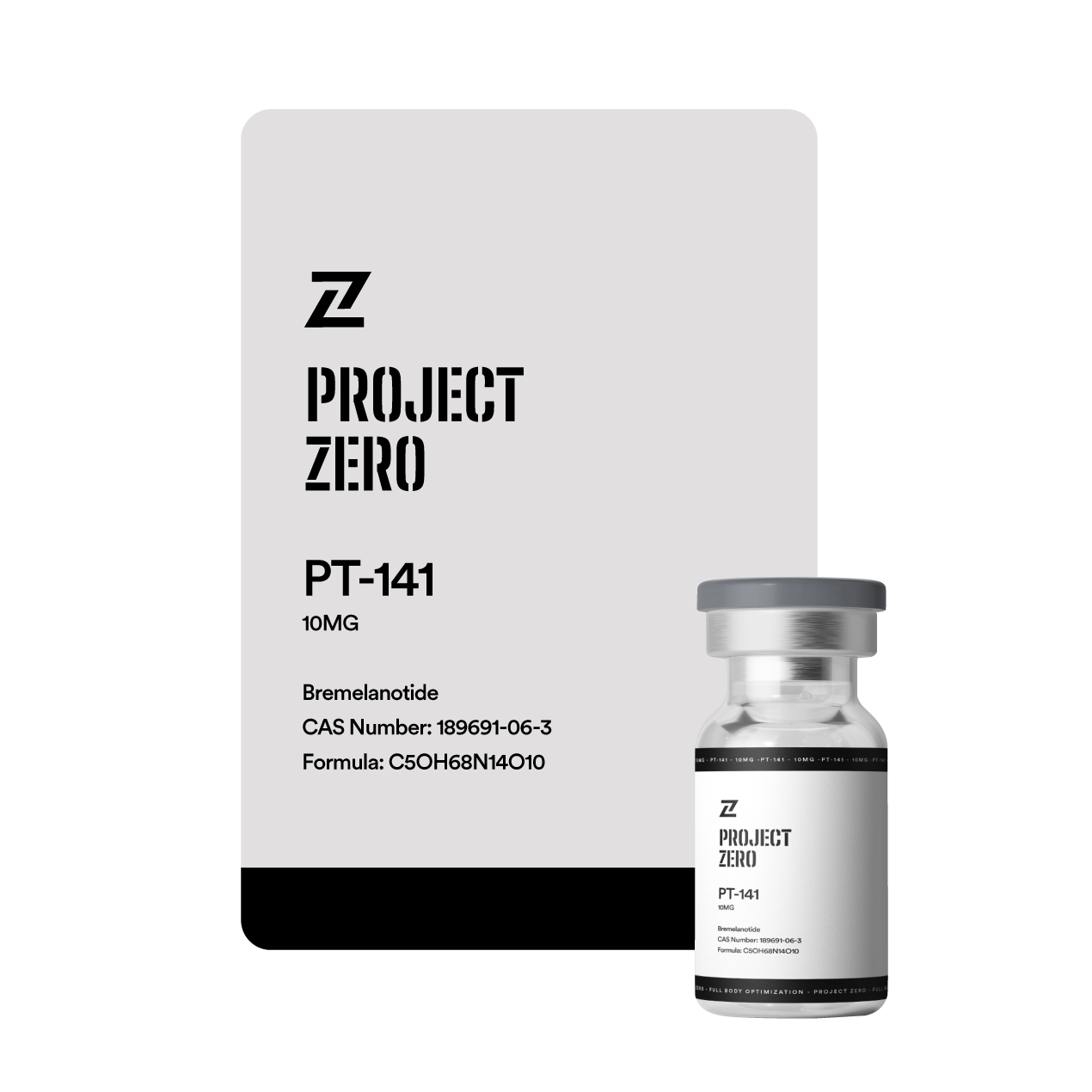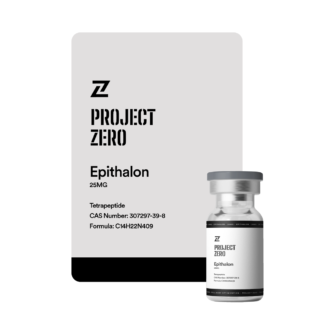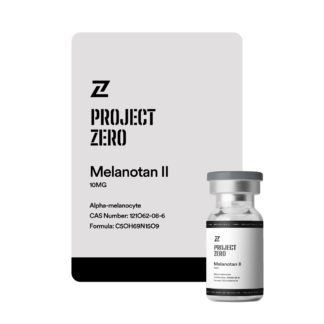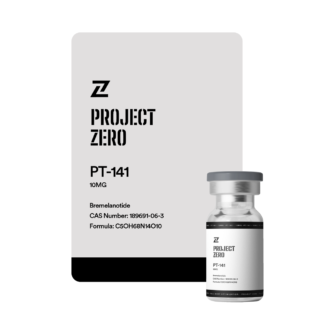Description
Referenced Citations
- Diamond, L.E., et al. (2004). Double-blind, placebo-controlled evaluation of the safety, pharmacokinetic properties and pharmacodynamic effects of intranasal PT-141, a melanocortin receptor agonist, in healthy males and patients with mild-to-moderate erectile dysfunction. International Journal of Impotence Research, 16(1), 51-59. [Online].
Available: https://pubmed.ncbi.nlm.nih.gov/14963471/ - Rosen, R.C., et al. (2004). Effects of PT-141, a melanocortin analog, on sexual desire and physiological arousal in men and women. Menopause, 11(6 Pt 2), 782-791. [Online].
Available: https://pubmed.ncbi.nlm.nih.gov/15543025/ - King, S.H., et al. (2007). Melanocortin receptors, melanotropic peptides and penile erection. Current Topics in Medicinal Chemistry, 7(11), 1098-1106. [Online].
Available: https://www.ncbi.nlm.nih.gov/pmc/articles/PMC2694735/ - Safarinejad, M.R. (2008). Evaluation of the safety and efficacy of bremelanotide, a melanocortin receptor agonist, in female subjects with arousal disorder: a double-blind placebo-controlled, fixed dose, randomized study. Journal of Sexual Medicine, 5(4), 887-897. [Online].
Available: https://pubmed.ncbi.nlm.nih.gov/18179458/ - Molinoff, P.B., et al. (2003). PT-141: a melanocortin agonist for the treatment of sexual dysfunction. Annals of the New York Academy of Sciences, 994, 96-102. [Online].
Available: https://pubmed.ncbi.nlm.nih.gov/12851303/





